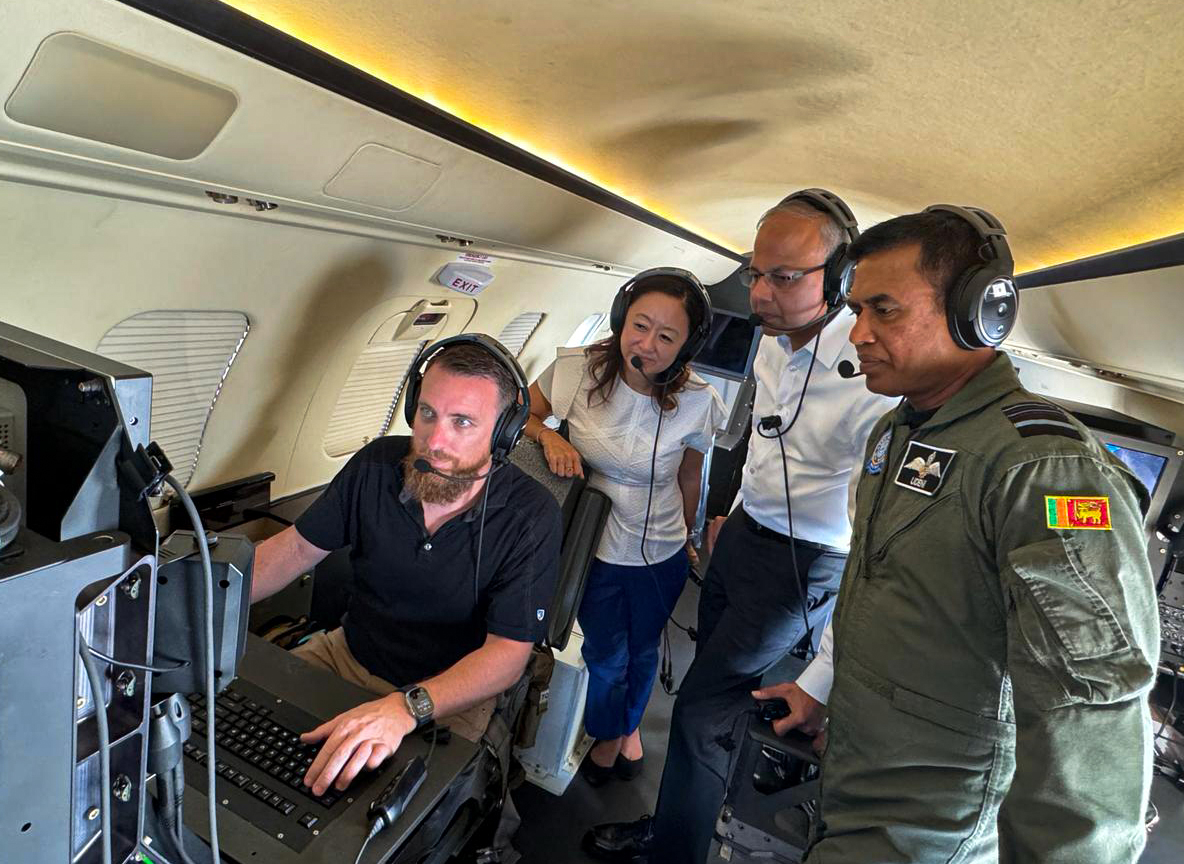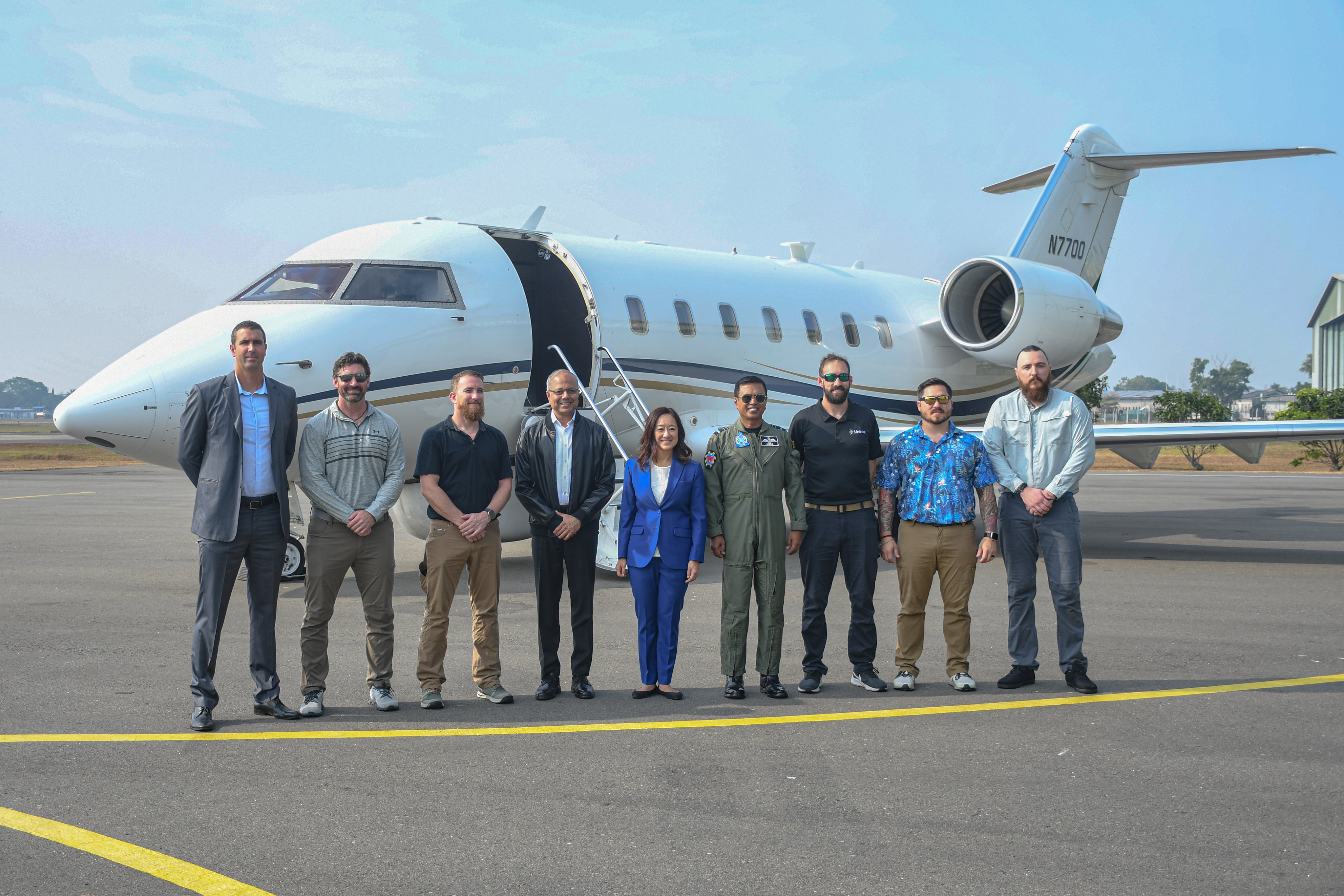The United States completed a three-day training of Sri Lankan troops earlier this month, teaching the air force how to conduct Intelligence, Surveillance, and Reconnaissance (ISR) flights, as the military relationship between the two continues to grow.
The Sri Lankan Air Force boasted that the latest training is “ultimately encouraging greater interoperability between the United States Department of Defense and the Sri Lanka Tri-Services”.
According to a release posted on the AirForce website, the training is “to promote a more safe and prosperous Indo-Pacific region.” Furthermore, the ISR “demonstration will help to establish the requisite infrastructure and support for future training and cooperation with the SLAF, including joint security exercises, MDA initiatives, and Humanitarian Assistance and Disaster Relief (HADR) operations, ultimately encouraging greater interoperability between the United States Department of Defense and the Sri Lanka Tri-Services.”
Washington sent a Challenger 605 aircraft to Sri Lanka for the training, which also saw the presence of US Ambassador Julie Chung, Sri Lanka’s National Security Advisor Sagala Ratnayake, Commander of the Navy Vice Admiral Priyantha Perera, Commander of the Air Force Air Marshal Udeni Rajapaksa, Chief of Staff Air Vice Marshal Sampath Wickremaratne, senior officers from Air Force and Navy and officials from the US Embassy.
The latest military training for Sri Lankan troops comes just weeks after the US government announced it was looking to gift Colombo a cutter, with US$9 million allocated to support the effort.
This was coupled with meetings with senior military officials and moves to deepen defence ties between Colombo and Washington. Last month, Donald Lu, Assistant Secretary of State for South and Central Asian Affairs, claimed Sri Lanka is a “great comeback story” and referred to the anti-government protests that forced the war crimes accused Gotabaya Rajapaksa out of office as “mass riots in the streets”.
.png)
.png)
We need your support
Sri Lanka is one of the most dangerous places in the world to be a journalist. Tamil journalists are particularly at threat, with at least 41 media workers known to have been killed by the Sri Lankan state or its paramilitaries during and after the armed conflict.
Despite the risks, our team on the ground remain committed to providing detailed and accurate reporting of developments in the Tamil homeland, across the island and around the world, as well as providing expert analysis and insight from the Tamil point of view
We need your support in keeping our journalism going. Support our work today.
For more ways to donate visit https://donate.tamilguardian.com.



